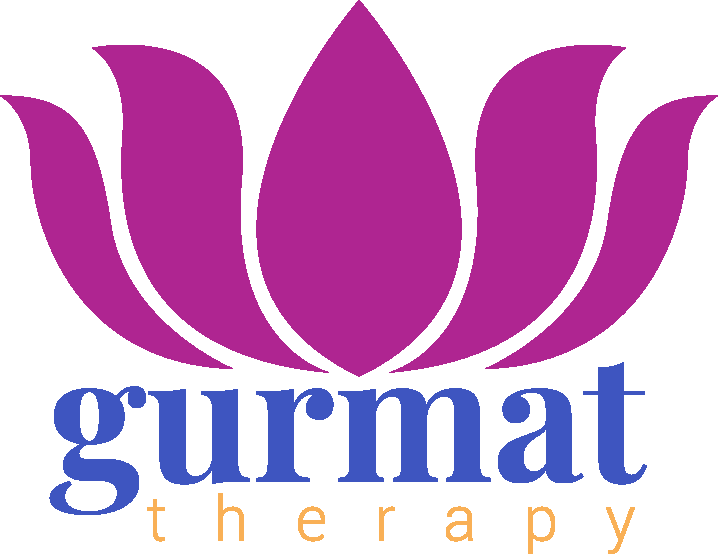Gurmat Therapy: Code of Ethics & Professional Conduct
Preamble
Gurmat Therapy is rooted in an ontological consciousness-based worldview as articulated in Gurbani. Its purpose is to foster self-realisation, health, and liberation (Mukti) through alignment with Hukam (cosmic order/presence). This Code of Ethics and Professional Conduct sets out the standards of integrity, responsibility, and professionalism required of all practitioners, teachers, and students.
- Foundational Principles
- Self-Sovereignty & Autonomy: Practitioners empower individuals to realise their own Being (Gurmukh orientation), not to create dependency on the therapist, teacher, or group. No coercion, manipulation, or pressure is permitted in therapeutic, educational, or spiritual engagement.
- Alignment with Hukam (Ontological Presence): Practice and conduct are guided by Hukam, Naam, and Shabad as ontological realities—not as dogma, ideology, or belief systems. Gurmat Therapy rejects indoctrination or blind faith.
- Decolonial Integrity: Gurmat Therapy resists the imposition of reductionist, religious, or colonial categories (e.g., ‘cult,’ ‘sect,’ or ‘religion’) and commits to decolonial recovery of psycho-spiritual health.
- Professional Conduct
- Transparency & Honesty: Practitioners must communicate openly about methods, objectives, and outcomes. Fees, donations, or exchanges must be clear and fair—no hidden costs or exploitative practices.
- Boundaries: Maintain clear professional boundaries with clients, students, and Sangat. No exploitation of trust for financial, sexual, or social advantage.
- Non-Exclusivity: Gurmat Therapy does not claim exclusivity over truth, healing, or liberation. Practitioners are encouraged to respect and, where appropriate, collaborate with other therapeutic, scientific, and spiritual traditions.
- Ethical Responsibilities
- To Clients / Participants:
– Prioritise mental, emotional, physical, and transpersonal well-being.
– Respect confidentiality unless disclosure is legally or ethically required (e.g., safeguarding).
– Empower participants towards autonomy and ontological self-realisation, not dependency. - To Sangat / Community:
– Create inclusive, safe, and supportive environments.
– Uphold principles of Seva (service), Dayā (compassion), and Nimratā (humility).
– Avoid hierarchies of control—encourage shared learning and collective coherence. - To the Discipline:
– Protect the integrity of Gurmat Therapy as an ontological psycho-spiritual psychology.
– Engage in continuous study, reflection, and self-inquiry (Khoj).
– Contribute to research, evidence-based practice, and academic transparency. - Prohibited Practices
- Coercion, manipulation, or indoctrination.
- Claims of exclusive access to truth or salvation.
- Misuse of Shabad or Gurbani as dogmatic control rather than ontological guidance.
- Exploitation of clients, students, or Sangat for personal, financial, or social gain.
- Isolation of individuals from family, society, or wider community.
- Accountability & Governance
- All practitioners must sign and commit to this Code of Ethics.
• Breaches will be reviewed by an independent Ethics & Professional Standards Committee.
• Sanctions may include warning, suspension, or removal from Gurmat Therapy accreditation.
- Commitment to Ongoing Integrity
By practicing Gurmat Therapy, practitioners affirm their commitment to:
– Naam (ontological resonance of Being).
– Seva (selfless service).
– Sangat (coherence in community).
– Mukti (liberation from egoic bondage).
– Truthful Living (Sat Kartā) as the measure of integrity.
Disclaimer
Gurmat Therapy is an ontological psycho-spiritual and therapeutic process. It is designed to support self-inquiry, self-awareness, and alignment with Hukam (presence of Being).
– Participants may experience insights, shifts in perception, altered states of consciousness, or what may be described as mystical or transpersonal experiences. These are natural by-products of self-inquiry and contemplative practice, and are not guaranteed, prescribed, or artificially induced.
– Some participants may report pre-cognitive or intuitive phenomena. Such experiences are respected as subjective and personal, but Gurmat Therapy does not claim predictive powers, supernatural abilities, or any form of occult practice.
– Gurmat Therapy is not a substitute for medical, psychiatric, or psychological treatment. Individuals under medical or psychiatric care should continue with their treatment and may use Gurmat Therapy as a complementary pathway if appropriate.
– The process is non-coercive and non-dogmatic. Each participant is responsible for their own integration of experiences. Practitioners provide guidance, not authority, over the participant’s life choices.
– Gurmat Therapy encourages participants to remain grounded, discerning, and responsible in interpreting their experiences.
